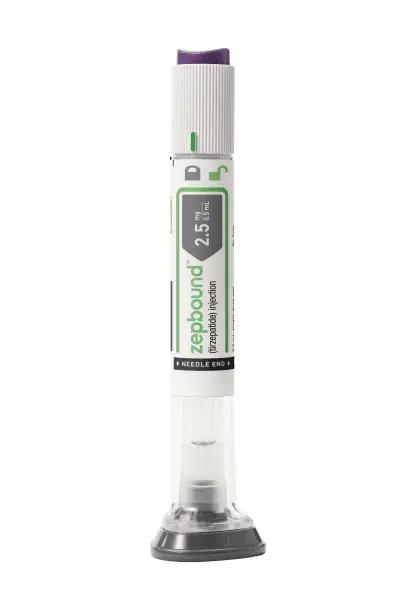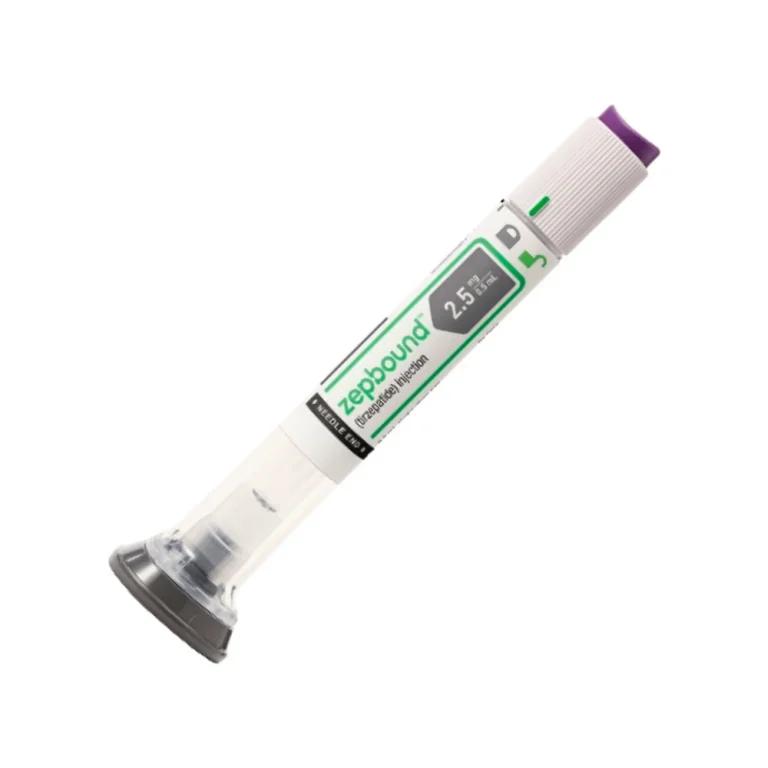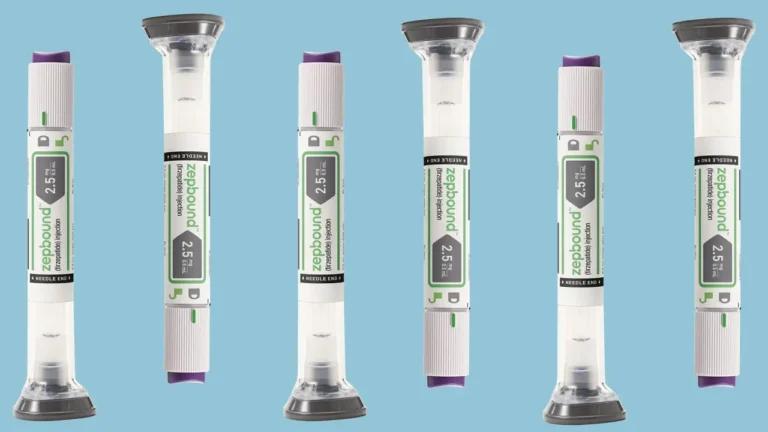
As of February 25, 2025, Eli Lilly and Company has created a self-pay pharmacy component of LillyDirect® where patients with a valid, on-label, electronic prescription from a health care provider of their choice can purchase Zepbound 2.5, 5, 7.5, and 10 mg vials. The press release was made by Patrik Jonsson, executive vice president and president of Lilly Cardiometabolic Health and Lilly USA.
According to the company, this new option could help millions of adults with obesity access the medicine they need, including those not eligible for the Zepbound savings card programme, those without employer coverage and those who need to self-pay outside of insurance. Joe Nadglowski, president and CEO of the Obesity Action Coalition supports this step forward in improving the affordability of obesity treatment.
Lets take a closer look into what this means.
🛌🏻 What does this mean for patients?
Self-pay patients with obesity now have additional Zepbound vial options, including 2.5 mg, 5 mg, 7.5 mg and 10 mg doses through LillyDirect Self Pay Pharmacy Solution. In addition to expanding the doses of Zepbound available, Lilly is taking steps to make Zepbound single dose vials more affordable and offers transparent pricing:
- Lowering the price of the 2.5 mg dose to $349 per month
- Lowering the price of the 5 mg dose to $499 per month
- Launching the new Zepbound Self Pay Journey Program, which reduces the price of the 7.5 mg ($599) and 10 mg ($699) doses to $499 per month at first fill and refills that occur within 45 days of prior delivery
- The single-dose vials are priced at a 50% or greater discount compared to the list price of all other incretin (GLP-1) weight loss drugs, such as Novo Nordisk’s Wegovy (semaglutide)
Distributing the vials via this channel ensures patients and providers can trust they are receiving genuine Lilly medicines.
📝 What is Zepbound?
Zepbound is a weight management drug classed as a glucagon-like peptide-1 (GLP-1) medication, to treat adults with obesity or excess weight and related health issues. Additionally, Zepbound is FDA-approved to treat adults with moderate-to-severe obstructive sleep apnea. Here’s a closer look at Zepbound:
- Contains the active ingredient tirzepatide, a dual-agonist that targets both GLP-1 and GIP receptors (glucose-dependent insulinotropic polypeptide)
- Designed for once-weekly injectable use, it simplifies the regimen for patients
- Not to be combined with other tirzepatide-containing products or GLP-1 receptor agonist medicines
Dosage and administration
- Initial dosage starts at 2.5 mg once per week, with increments to 5 mg after the first month
- Dosage can be increased based on individual response and tolerance, up to a maximum of 15 mg weekly
- The recommended maintenance dosages are 5 mg, 10 mg or 15 mg injected subcutaneously once weekly
- Accompanying lifestyle changes such as a reduced-calorie diet and increased physical activity are recommended for optimal results
Clinical trial outcomes
- In a 17-month clinical study, participants experienced sustained weight loss when combining Zepbound with diet and exercise
- The average weight loss varied, with non-diabetic adults losing up to 20.9% (48 lbs) at the highest dose
- Diabetic patients also saw significant weight loss, shedding an average of 14.7% (33 lbs) at the 15 mg dosage
- As the first FDA-approved combination peptide for obesity, Zepbound’s clinical success has been notable, with some participants losing as much as 21% of their body weight
📝 Conclusion
This news release from Eli Lilly provides self-pay patients with a transparent, out-of-pocket choice, by streamlining the supply chain and providing more accessible options outside of insurance coverage.
Sources
- Lilly launches additional Zepbound vial doses and offers new savings for self-pay patients – Eli Lilly and Company
- Zepbound® (tirzepatide) Injection for Adults with Obesity or OSA
Medical Disclaimer
NowPatient has taken all reasonable steps to ensure that all material is factually accurate, complete, and current. However, the knowledge and experience of a qualified healthcare professional should always be sought after instead of using the information on this page. Before taking any drug, you should always speak to your doctor or another qualified healthcare provider.
The information provided here about medications is subject to change and is not meant to include all uses, precautions, warnings, directions, drug interactions, allergic reactions, or negative effects. The absence of warnings or other information for a particular medication does not imply that the medication or medication combination is appropriate for all patients or for all possible purposes.










